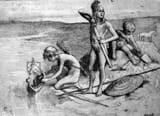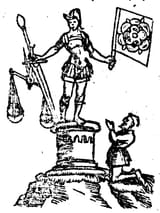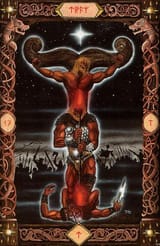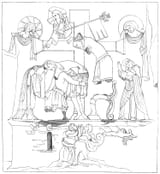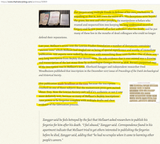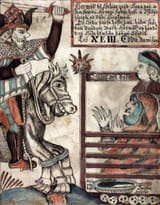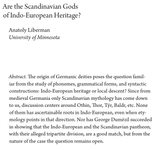Anonymous
6/27/2025, 12:08:35 PM No.17795372
>In ancient lays, their only type of historical tradition, they celebrate Tuisto, a god brought forth from the earth. They attribute to him a son, Mannus, the source and founder of their people, and to Mannus three sons, from whose names those nearest the ocean are called Ingvaeones, those in the middle Herminones, and the rest Istvaeones. Some people, inasmuch as antiquity gives free rein to speculation, maintain that there were more sons born from the god and hence more tribal designations—Marsi, Gambrivii, Suebi, and Vandilii—and that those names are genuine and ancient.
Mannus is clearly related to the proto-Germanic word mannaz, from which we get the word 'man', so we can assume the myth is accurate. Presumably, the son who the tribe of the Herminones/Irminones would be named after is Irmin, and Irmin is used as an epithet for Odin in the Poetic Edda several times.
Does this mean that Tacitus actually mentions Odin by name?
Mannus is clearly related to the proto-Germanic word mannaz, from which we get the word 'man', so we can assume the myth is accurate. Presumably, the son who the tribe of the Herminones/Irminones would be named after is Irmin, and Irmin is used as an epithet for Odin in the Poetic Edda several times.
Does this mean that Tacitus actually mentions Odin by name?
Replies:
